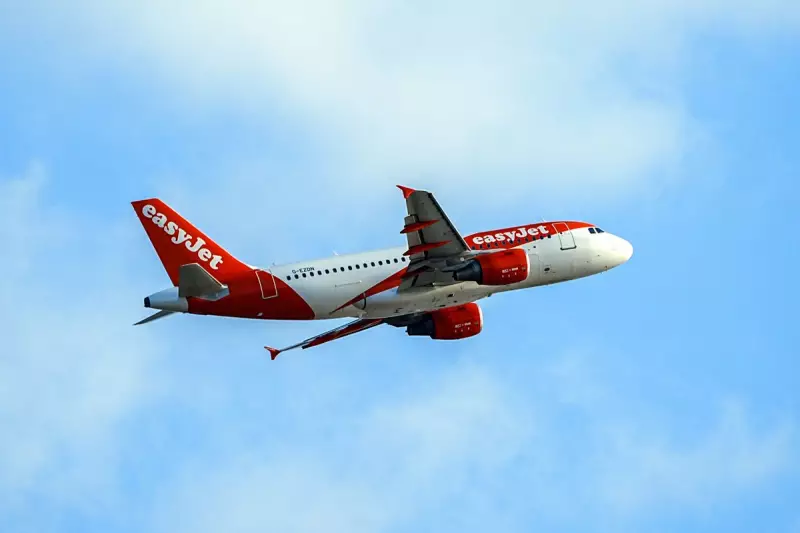
Budget airline EasyJet is projected to announce a significant rise in annual profits, demonstrating remarkable resilience against summer disruptions and increasing operational expenses.
Strike impact and profit surge
The Luton-based carrier faced substantial challenges during early July when French air traffic control strikes forced the cancellation of 660 flights, creating £15 million in additional costs for the company. Despite this financial hit and rising fuel prices, most analysts forecast EasyJet will report headline pre-tax profits of £650 million for the year ending September, up from £610 million the previous year.
Holidays division drives growth
EasyJet's expanding holidays business has become a crucial profit centre, with the group already guiding for more than £235 million in profits for the full year – representing an increase of over 24%. Richard Hunter, head of markets at Interactive Investor, noted that the holiday arm's impressive performance "chimes with the group's value-conscious appeal and the increasing body of evidence which tends to suggest that the family holiday remains almost sacrosanct and outside of normal budgetary restraints."
Share performance concerns
Despite the positive trading results, EasyJet's shares have struggled in the market, falling by 18% so far this year. This puts the company at risk of demotion from the FTSE 100 in the upcoming December reshuffle. The share price remains down by 62% from pre-pandemic levels and has fallen 71% from record highs reached a decade ago.
Looking ahead, analysts are pencilling in another profit increase to £740 million for 2025-26, indicating continued confidence in the budget airline's recovery strategy and business model.





